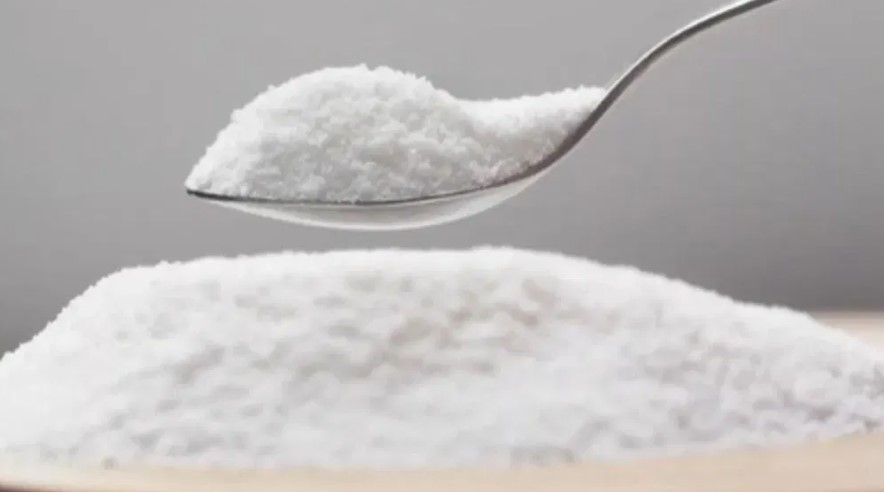
A groundbreaking study reveals that a chemical compound produced during the digestion of a widely used sweetener is “genotoxic,” causing DNA damage. Remarkably, this chemical is also present in minuscule amounts within the sweetener itself, triggering concerns about its potential impact on human health.
The focus of attention is sucralose, an artificial sweetener widely embraced by consumers. Previous research conducted by the same team unveiled the production of several fat-soluble compounds in the gut following sucralose consumption. Among these compounds, sucralose-6-acetate emerged as a key player.
“Our latest investigation confirms the genotoxicity of sucralose-6-acetate. Interestingly, we discovered trace amounts of this compound even in off-the-shelf sucralose, prior to its consumption and metabolism,” emphasizes Susan Schiffman, the study’s corresponding author and adjunct professor in the joint department of biomedical engineering at North Carolina State University and the University of North Carolina at Chapel Hill.
Placing the findings into context, Schiffman highlights the European Food Safety Authority’s threshold of toxicological concern for all genotoxic substances, set at 0.15 micrograms per person per day. Shockingly, the study suggests that the trace levels of sucralose-6-acetate found in a single daily drink sweetened with sucralose surpass this threshold. This calculation does not even account for the amount of sucralose-6-acetate produced as metabolites after sucralose consumption.
In their investigation, the researchers conducted a series of in vitro experiments, exposing human blood cells to sucralose-6-acetate and monitoring markers of genotoxicity.
“In essence, we observed that sucralose-6-acetate is genotoxic, effectively inducing DNA fragmentation in exposed cells,” Schiffman reports.
Additionally, the team conducted in vitro tests, exposing human gut tissues to sucralose-6-acetate.
“Previous studies have already demonstrated the adverse effects of sucralose on gut health, prompting us to investigate further,” Schiffman explains. “When we exposed gut epithelial tissues, which line the intestinal wall, to both sucralose and sucralose-6-acetate, we observed the disruption of the gut barrier, commonly known as ‘leaky gut.’ Essentially, these chemicals compromise the tight junctions, the vital interfaces connecting gut wall cells to one another.”
The consequences of a leaky gut are concerning, as substances that should be excreted in feces instead seep into the bloodstream.
The researchers also assessed the genetic activity of gut cells in response to sucralose-6-acetate exposure.
“Our findings reveal increased gene activity associated with oxidative stress, inflammation, and carcinogenicity in gut cells exposed to sucralose-6-acetate,” Schiffman reveals.
“This study raises a multitude of concerns regarding the potential health effects linked to sucralose and its metabolites. It is imperative to reevaluate the safety and regulatory status of sucralose, as accumulating evidence suggests significant risks. At the very least, I strongly urge individuals to steer clear of products containing sucralose. It is something you should refrain from consuming.”

